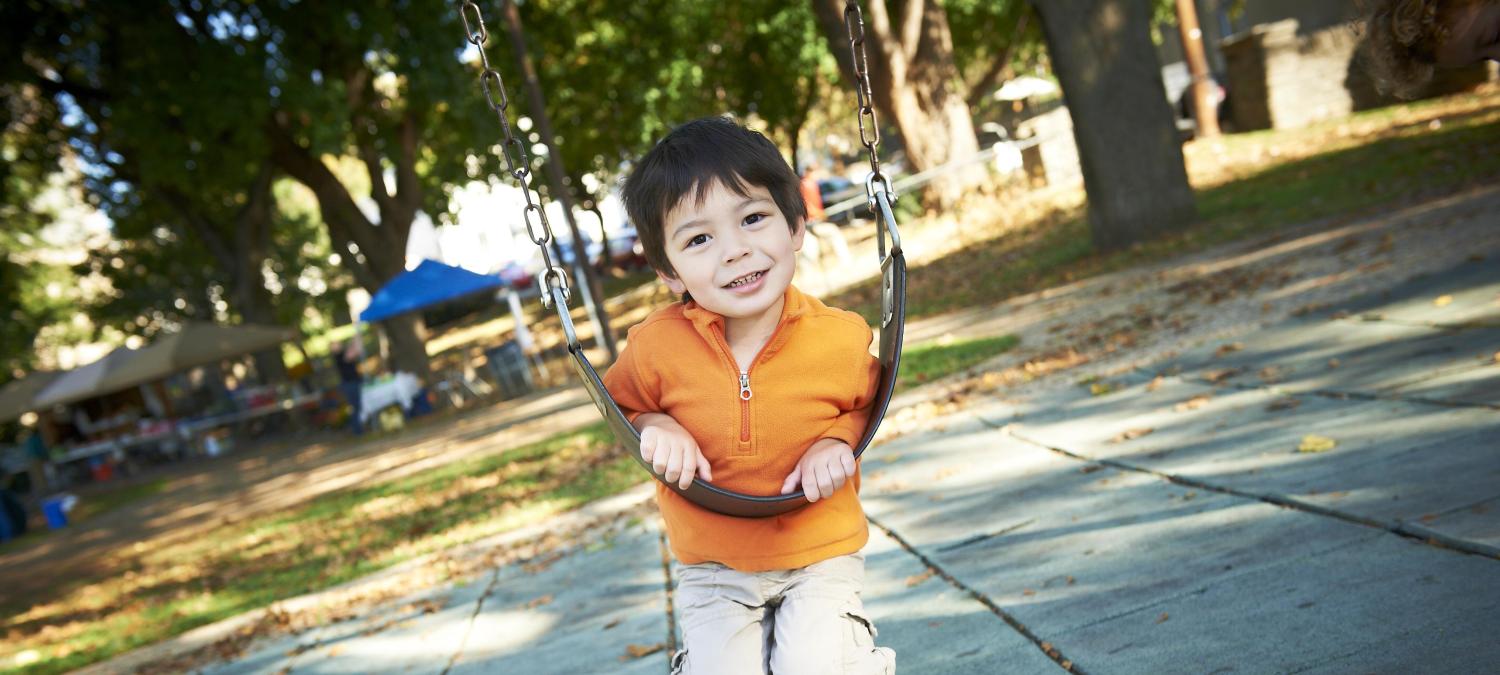

Publications
Search Tips
- Nov 2025
Teacher-delivered Tier 1 (i.e., whole class) and Tier 2 (i.e., targeted) behavioral classroom interventions are effective in improving student academic and behavioral functioning, but often not delivered as recommended. Implementation strategies, especially strategies that are both…
- Sep 2025
Public schools are a key setting for the delivery of evidence-based prevention (Tier I) and early intervention (Tier II) programming to support student mental health. However, there are substantial implementation challenges in this setting. Using the Exploration Preparation…
- Aug 2025
K-12 schools are well positioned to address rising mental health challenges among youth, and school and district staff (i.e., "educators") have important perspectives about youth mental health. There is a need for research to identify educators' specific areas of concern about youth…
- Aug 2025
Behavioral health has a profound impact on the well-being of youth and families. Early identification and timely, effective prevention and treatment of behavioral health concerns help children become their healthiest selves. Yet, families face challenges in connecting to the right care…
- Oct 2024
Objective: To examine short-term (i.e., postintervention) outcomes from a randomized controlled trial comparing a school-based telehealth-delivered depression prevention program, Interpersonal Psychotherapy-Adolescent Skills Training (IPT-AST), to services as usual (SAU). We…
- Oct 2024
Objective: Research has demonstrated the effectiveness of interventions to reduce organizational skills deficits and homework problems, including the clinic-based Organizational Skills Training (OST-C) program (Abikoff et al., 2013). In this study, OST-C was adapted for schools as…
- Jun 2024
Schools need effective, sustainable implementation strategies to support teachers in using effective Tier 1 (i.e., whole class) and Tier 2 (i.e., targeted) behavioral interventions in the classroom. This paper describes an iterative, community-partnered process of developing…
- Apr 2024
Organization, time management, and planning (OTMP) skills are behavioral manifestations of executive functioning linked to academic outcomes. Interventions to improve OTMP skills have shown favorable outcomes. The Children’s Organizational Skills Scale parent and teacher forms (COSS-P,…
- Aug 2023
Teacher-delivered behavioral classroom management interventions are effective for students with or at-risk for attention-deficit/hyperactivity disorder (ADHD) or other disruptive behavior challenges, but they can be difficult for teachers to use in the classroom. In this study, we will…
- Jun 2023
Positive school climates are associated with numerous benefits for students and school staff. Although there is some evidence that the implementation of school-wide positive behavioral interventions and supports (SWPBIS) impacts features of school climate, such as organizational health…